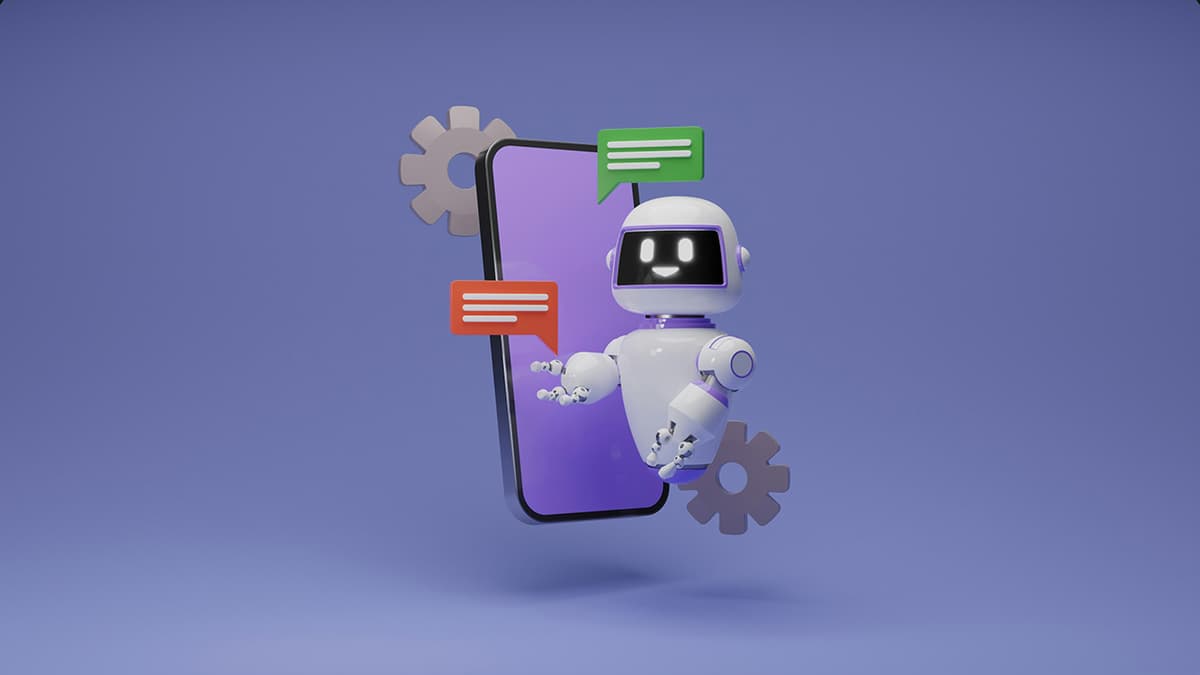Will AI Signal the End of Internet Search?
The way we find information online is changing rapidly. Artificial intelligence (AI) is becoming a bigger part of our everyday lives, and it's now poised to significantly alter how we use search engines. Will this mean the end of traditional internet search as we know it? Let's look into the possibilities.
The Current State of Search
For years, we have relied on search engines. These tools take our typed keywords and return lists of web pages, trying to give us the most relevant results. This process involves complex algorithms that index the internet and match our queries with suitable content. This system has been effective, helping us find everything from cat videos to research papers. We have become accustomed to sifting through these lists, clicking on links, and piecing together answers. This is how most of us interact with the internet every day.
AI's New Approach to Search
The latest AI tools, such as large language models, present a very different approach to how we obtain information online. Instead of presenting a list of links, these systems directly answer questions using data they have learned. You can think of them as super-powered assistants, quickly synthesizing information from many sources. If you ask an AI tool a question, it will often provide you with a clear, concise response, potentially saving you a lot of time. These tools are not just retrieving information; they are processing it and presenting it in an easy-to-consume format.
Changes to User Behavior
This shift towards AI-driven search has some big implications for users. We could see a decline in the need to browse through multiple websites. Instead of jumping from one page to another to find that single piece of information, people could receive it directly from the AI. This change in behavior could result in less traffic to websites that once relied on search results. It could also mean people become less adept at critical evaluation of sources since AI systems present the answers directly. Users might become too dependent on the AI's output, potentially missing out on valuable information or diverse viewpoints present on various pages.
How Search Engines Might Adapt
Current search engines are not sitting still. Many are integrating AI tools into their own platforms. They are experimenting with conversational search, where you can ask questions in a natural way. These systems now offer summaries of web pages and attempt to predict what you want to know. This helps them compete with new AI tools by adding a more direct answer approach to their traditional list of links. Search engines are in a race to stay relevant by becoming more like AI tools and provide immediate solutions to user questions. These current search engines could also become platforms that generate answers based on web page results, rather than being the tool that shows the list of links.
Impact on Content Creators
A big question is what will happen to online content creators. If people no longer click on links, how will websites generate traffic and income? This shift could greatly change the business of website building and content creation. It might result in a bigger emphasis on high-quality, comprehensive content that AI tools might struggle to fully summarize. Content could become focused on being the original data sources for AI tools, instead of directly attracting users. A potential issue is that the web might become less diverse if creators cannot get an audience due to fewer people clicking links.
The Future of Online Information
The future could involve a blending of traditional search and AI tools. Search engines might still provide links, but with improved AI-powered summaries and conversational features. AI tools could also be enhanced to verify their own answers, ensuring accuracy. The way we think about information retrieval might change significantly. Finding information could be more like asking a knowledgeable friend, instead of typing keywords into a search box. We might see a combination of methods, each catering to different needs and levels of exploration.
Potential Challenges
With these changes there are some important challenges that need to be taken into account. AI systems are often trained on large datasets. These data can contain bias, potentially leading to incorrect or unfair results. Another important issue is the reliability of the AI output itself. How can a user confirm that the answer provided by an AI tool is actually correct and not an error or hallucination? How will users know where the AI has collected that answer? These are significant problems which will need attention moving forward. These tools will require constant work and adjustments to stay helpful and accurate.
The rise of AI presents a major change to internet search. While traditional search methods might not completely disappear, AI is clearly changing how we interact with online information. These tools are quickly improving. We must carefully consider their impact, ensuring they are used responsibly and ethically.












